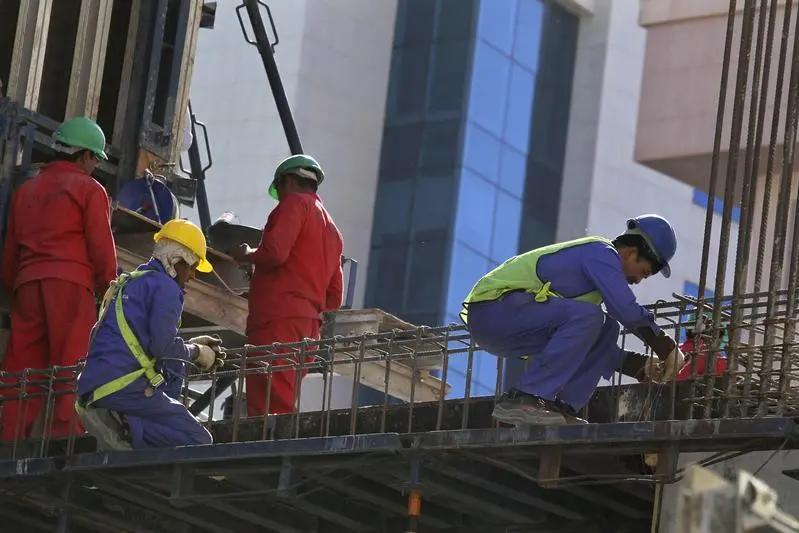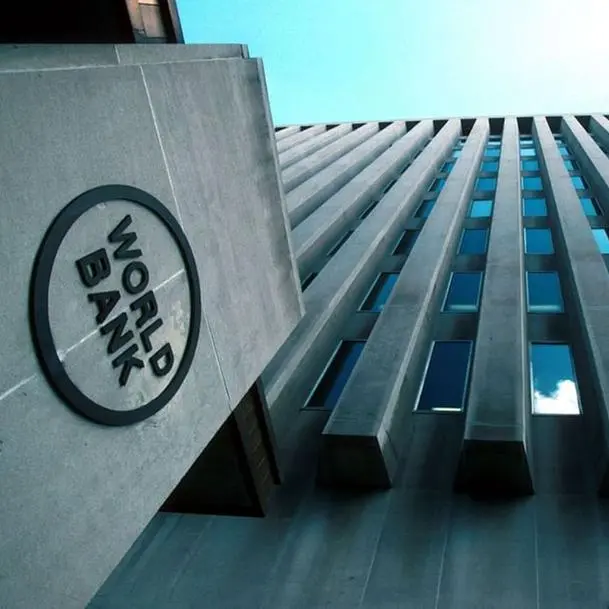PHOTO
Saudi Arabia’s construction sector, the largest in the Arab region, is set to continue improving in 2021 after being severely hit by the COVID-19 outbreak in 2020, the chief of the Kingdom’s top contractor association said.
Saudi contracting sector, which is 70-75 percent reliant on public projects, is expected to be one of the main beneficiaries of post-Covid-19 recovery in the Kingdom’s economy as well as a project boom and privatisation programme within the ‘Vision 2030’ economic diversification strategy spearheaded by Crown Prince Mohammed bin Salman, said Khalid Al-Saif, Chairman of the Saudi Contractors’ Authority (SCA), the oil giant’s main contracting body told Zawya.
SCA has conducted a study on the impact of COVID-19 on the country’s construction sector and found that it took a direct hit like its counterparts in most other countries as a result of a general economic slump caused by the pandemic, he said in the email interview.
“The contracting sector in Saudi Arabia is dependent on government and semi-government spending and public projects and this means it is affected by the repercussions of the pandemic on the Saudi economy, which is part of the global economy…in our study, we have concluded that there was 20-40 percent decline in public projects in 2020 and this sharply affected the contracting sector,” Saif said.


Khalid Al-Saif, Chairman, Saudi Contractors’ Authority (SCA)
Counter measures
The SCA chief said the prospects of an economic slowdown began to appear in March and April 2020 and this directly impacted the construction industry, adding that the pandemic depressed GDP by about 2.3 percent after it was projected to grow by around 3 percent.
He noted that the government took a series of measures to offset Covid-19 effects, including cash injections into the domestic economy, project deadline extensions and longer bank loan grace periods.
“Despite these measures, the pandemic had a big adverse impact on the construction and sector…it caused damage to the sector in 2020…but as you know, the construction industry in the Kingdom is large and old and it possesses much flexibility… for this reason, we see that the sector is recovering as we are into the second quarter [of 2021],” he said.
“As the contracting industry has managed to partly overcome those effects, we see a promising future for the sector as we started to notice good improvement in the domestic economy in the first quarter of 2021…we also expect improvement in the regulations governing the sector, which will enable it to largely benefit from privatisation programmes and associated projects that will likely rise in the second half of this year and in 2022 at a time when large projects within Vision 2030 are moving ahead.”
Saif said the sector would also benefit from plans by the Public Investment Fund to pump 160 billion Saudi riyals ($42.6 billion) through 2021, adding that such spending is expected to growth in the coming years.
He also added that SCA is working with the government to regulate the contracting market in the world’s largest oil exporter by encouraging all contractors to join the Authority.
Helping SME contractors
He said small and medium companies account for nearly 98 percent of the total contracting firms in the Kingdom and warned that they cannot compete directly with large companies.
“These small firms cannot stand on their feet in face of giant firms in changing market conditions…we are working to establish a healthy relationship between them, and the giant companies and we are also trying to devise a mechanism allowing them to get sub-contracts from larger companies as this will preclude damaging competition…there is a long road in this direction, but we hope to be able to achieve this goal by 2030,” he said.
“SCA is also acting as a liaison between the contracting firms and the government and is working to remove the obstacles that are facing those firms in dealing with the public sector…what we want at this stage is for all the contracting companies in the Kingdom to join SCA to facilitate its task to organise the contracting market, to serve those firms better and put them on a strong ground,” he concluded.
(Reporting by Nadim Kawach; Editing by Anoop Menon)
Disclaimer: This article is provided for informational purposes only. The content does not provide tax, legal or investment advice or opinion regarding the suitability, value or profitability of any particular security, portfolio or investment strategy. Read our full disclaimer policy here.
© ZAWYA 2021





















